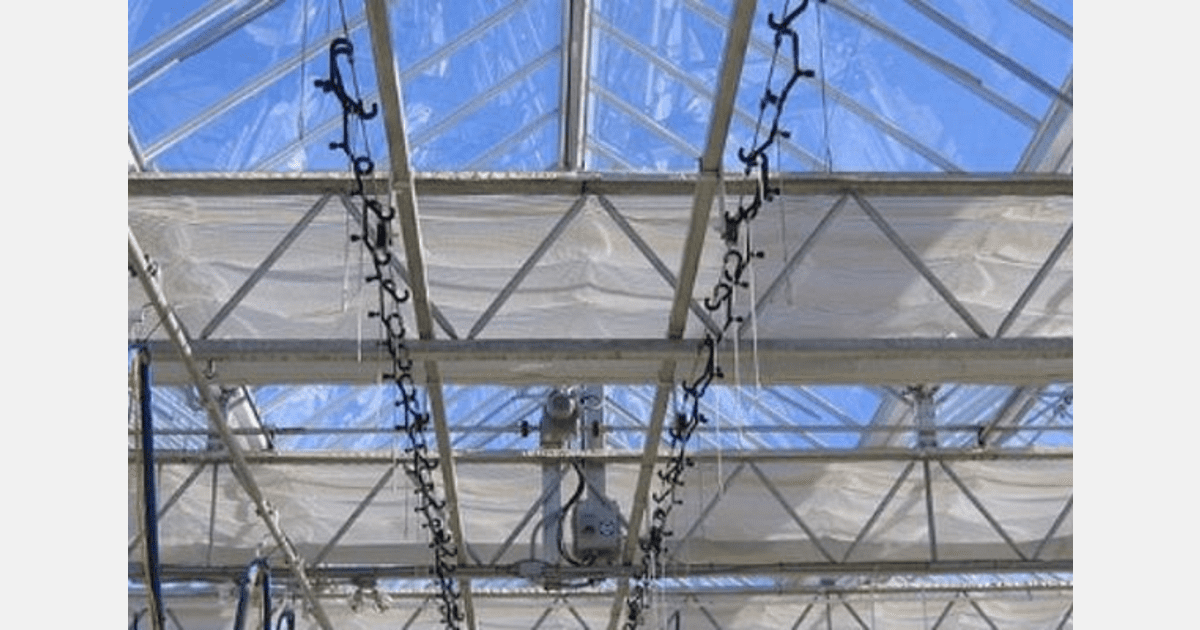In the operation of greenhouses, energy use ranks as the second largest expense following labor costs. To reduce energy consumption and costs, greenhouse growers can implement various strategies such as retractable energy curtains, high-efficiency heaters, energy-efficient lighting, and effective management of the growing environment.
At the start of each season, greenhouse growers should consider implementing practices that can lead to energy bill savings, as well as smaller projects like regulating growing temperatures, installing additional horizontal airflow fans, sealing leaks, and maintaining heating systems. During the off-season, growers often focus on larger energy-efficient projects that require substantial capital investment or construction, such as the installation of energy curtains, root zone heating, and large lighting systems. Certain practices and equipment, like energy curtains, are more practical and offer a better return on investment for medium to large growers operating during the coldest and darkest months of the year.
To evaluate their energy efficiency and practices compared to similar-sized growers in Michigan, greenhouse businesses can utilize the Greenhouse Energy Index Decision Support Tool developed by Michigan State University Extension. A virtual event scheduled for January 22, 2025, at 10 a.m., will feature Aluel Go, program manager at Michigan Farm Energy, discussing this new tool. During the session, participants will have the opportunity to confidentially compare their energy usage data with benchmarks established by previous energy audits conducted in Michigan.
The Greenhouse Energy Index Decision Support Tool helps growers assess their energy efficiency levels and determine the potential impact of implementing common energy conservation measures. It aids greenhouse businesses in prioritizing energy efficiency projects and assessing how their energy efficiency measures up against similar-sized operations in Michigan.
While the tool is open to out-of-state growers, participants in climates similar to Michigan will derive the most benefit from the session, as the standards were developed based on farm energy audits in Michigan. While volunteers may choose to provide their metrics as examples, participants are not required to share their business data with others.
Interested individuals can register for the MSU Energy Efficiency Index Tool through the provided link. The tool aims to assist greenhouse businesses in enhancing their energy efficiency and ultimately reducing operational costs.
Source:
Michigan State University
By leveraging energy-efficient practices and tools, greenhouse growers can optimize their operations, reduce costs, and contribute to a more sustainable future for the industry. Through ongoing evaluation and implementation of energy conservation measures, greenhouse businesses can enhance their competitiveness and profitability in the long run.
